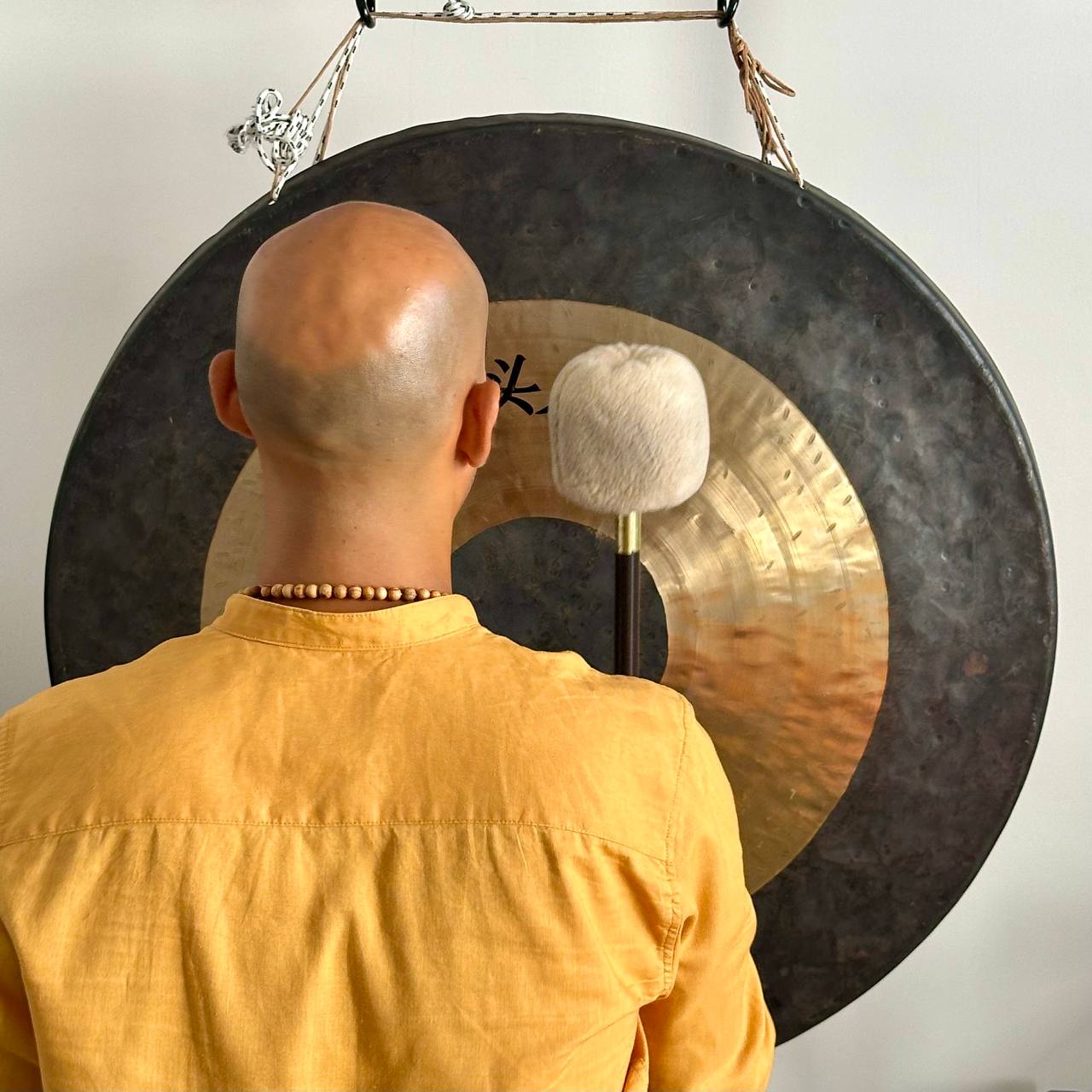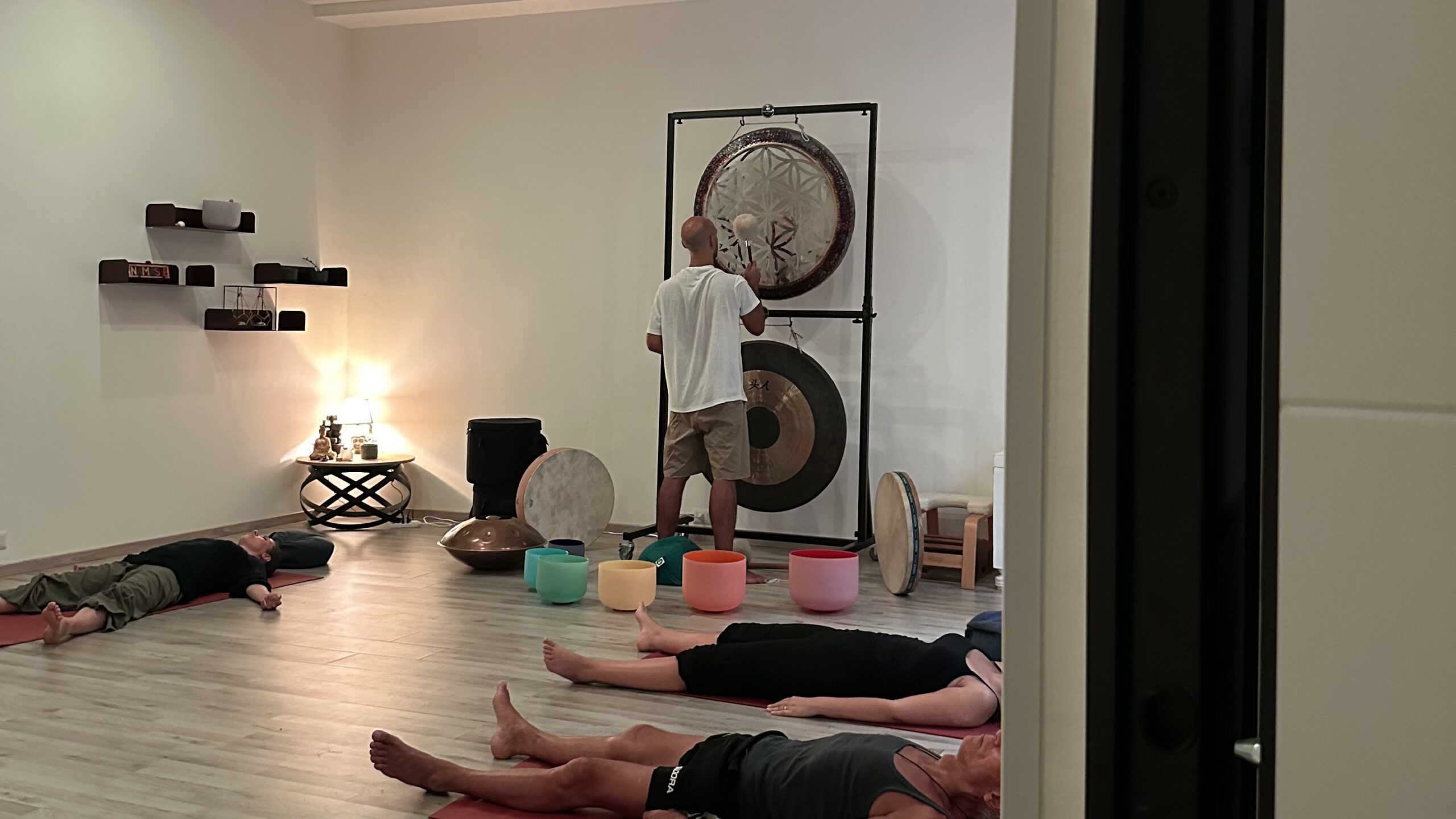Your cart is currently empty!
The ability to see and be with what exists in this moment
Awareness radiates a broad light that can reveal what is happening in the moment and does so with clarity.
It is fluid, because like a zoom it can move back and forth from any mental or emotional state, gaining a broader perspective of what is happening.
No matter how far our thoughts or emotions drag us, we can return to being present and observing what is happening at any moment.
Sometimes it can happen that we lose our center because we are overwhelmed by emotions or some persistent thoughts.
To keep ourselves aware then it is important to know how to take a step back from the vortex of our emotions and return to the presence of our center. How? They create a space for observation and listening which means living in a protected area within ourselves, where we can listen to our emotions, observe them without feeling threatened by them.
To learn more about the benefits and practices of living in the present moment, I recommend you read my article The power of the here and now – how to live in the present
Listening to yourself, listening to others means awareness in relationships
If we start listening to each other while we communicate, we can change the quality of our relationship because this does not depend exclusively on the interlocutor, but also and above all on how capable we are of making the message understandable to the other. Aware people can hear negative feedback without feeling threatened, argue less with their partner, and are more accommodating and less defensive. As a result, conscious couples have more satisfying relationships.

Why does awareness save relationships?
If we add to this that in relationships with our partner we are much more exposed because the psychological implications are so many, that’s it. With our partner we unconsciously bring into play our weaknesses, our emotional wounds, our limiting beliefs and all our values and judgements. All these mechanisms, upon closer inspection, do not concern the partner, but us and only us. It’s us we’re talking about, not the other…
Those who practice do not get caught up in fixed ideas about themselves, about others, about the couple. He knows that everything changes and that resisting is not only useless but also harmful. He remembers that the other is a human being, and remains curious, letting go of fixed ideas about who he should meet and how the person at his side should be, remain or change.
Those who practice mindfulness dance. With himself, with those he meets, with those who are at his side, with life. And he knows that the best partner is the one he can take by the hand to dance together. Even in the storm.
Do you want to live a more peaceful, harmonious and happy life?
Would you like to discover the power of meditation, mindfulness and music therapy?
Click here
to check our practices:

Mindfulness in relationships as a spiritual practice
As you may have noticed, such relationships are not here to make us happy or fulfilled. If you continue to pursue the goal of salvation through a relationship, you will continue to be disappointed.
The moment you begin to argue, you have identified with a mental position and are now defending not only that position but also your sense of self. The ego is dominant.
You have become unaware. Sometimes it may be appropriate to highlight certain aspects of your loved one’s behavior. If you are very alert, very present, you can do it without ego involvement, without blaming, accusing or giving wrong to the other person.
When your loved one behaves unconsciously, you must abandon all judgment. Judgment means confusing the person’s unaware behavior with their identity or projecting your unawareness onto the other person and mistaking it for their identity. Giving up judgment doesn’t mean you don’t recognize dysfunction and unawareness when you see them. It means “being the knowledge” rather than “being the reaction” and the judge.
If you put all this into practice, your loved one will not be able to be with you and remain unaware at the same time. If you both agree that the relationship will be your spiritual practice, so much the better. You can then express thoughts and feelings to each other as soon as they arise, or as soon as a reaction occurs, so you don’t create a time gap in which an unexpressed or unacknowledged emotion and complaint can fester or grow.







